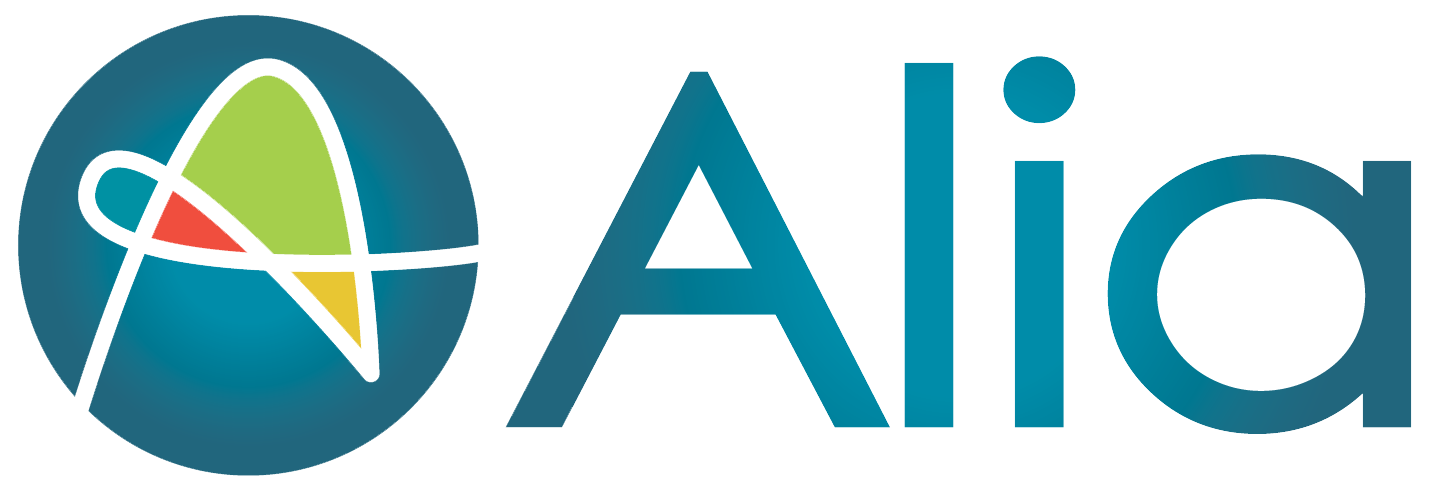2E Co-design™
Ethically and equitably bringing together those most impacted with those with power

Throughout Alia’s existence, we’ve engaged in co-design that brings together those with lived expertise and those who hold power—as we know those closest to the problems are closest to the solutions.
While the process of co-designing new solutions and ways of work is necessary, there is critical readiness preparation that must be happen to prevent additional harm to those engaged in the work.
The lessons we learned to reduce harm for designers from our early co-design work is now infused in the way we engage both sides in the essential preparation work needed before bringing them together.
We call this work 2E Co-design™ (Ethical, Equitable Co-design) to bring attention to the fact that co-design must attend to the ethics and equity within the design process. Co-design begins long before bringing two groups together—readiness is required to prepare both sides to reduce harm and increase the likelihood of success.
Workforce Resilience & Belonging
We engage and nurture your leaders and workforce to prepare your agency to co-create and implement new solutions. Our approach centers on trust, belonging, and shared purpose—equipping teams to work together in new ways.
Community Co-design
We prepare staff and leaders to engage authentically with families, fostering trust and minimizing harm. At the same time, we build trust with impacted parents, support equitable compensation, and spark hope that their voices can drive real change.

At Alia, the foundation of 2E Co-design™ is creating a new table rather than inviting new voices to a table that’s already been set. It requires intentionally building and nurturing the relationships with those we are asking to retell their stories of pain and trauma, engaging directly with those representing systems that have caused harm. This requires the system to prepare to authentically receive and validate the experiences of those closest to the pain.
While focus groups, listening sessions and advisory boards can be useful tools, they do not represent the concepts of 2E Co-design™, which at the core is a practice of sharing power equally and committing at the highest level to following through on the solutions and ideas that emerge through the process.

